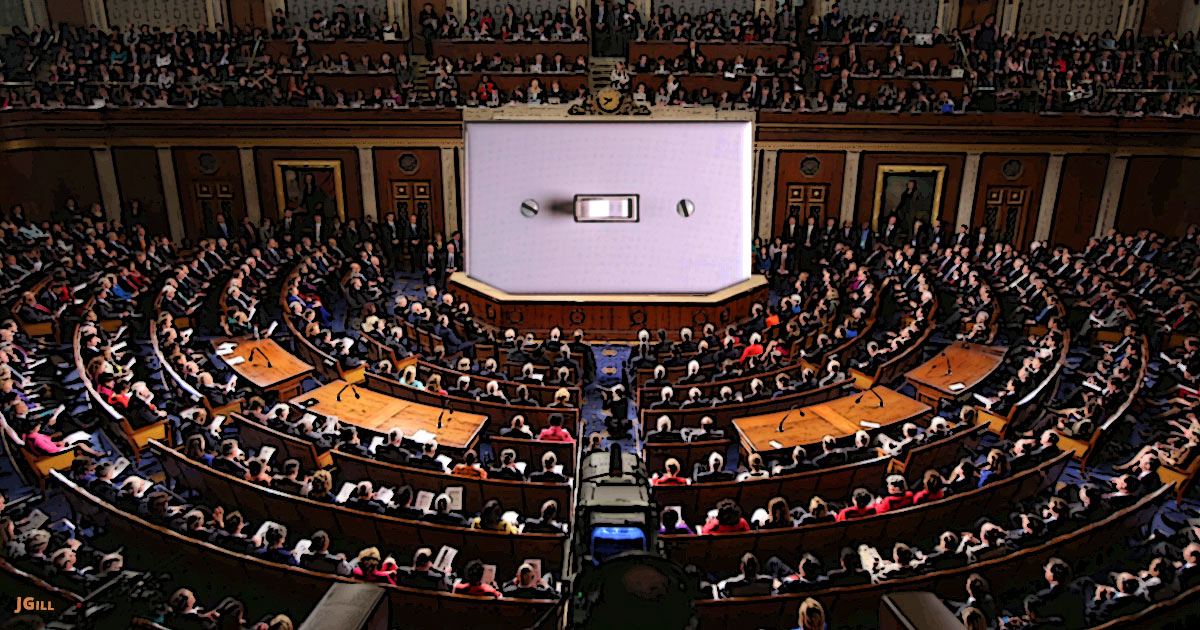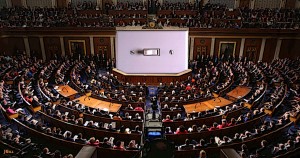“It’s overkill of epic proportions,” John Kass writes in the Chicago Tribune, “like using a sledgehammer to kill a gnat, or firing off a nuclear weapon to kill a sparrow.”
In three columns, Kass tells the story of David Krupa, a 19-year-old DePaul University student, who gathered over 1,700 voter signatures on petitions to gain a spot on the ballot for alderman of Chicago’s notorious 13th Ward.
Why notorious? It’s Boss Madigan’s home.
Yes, the “Land of Lincoln,” home to nearly 13 million people, is ruled by one man, Michael J. Madigan, Speaker of the Illinois House, “the longest-serving leader of any state or federal legislative body in the history of the United States.”
And 13th Ward Alderman Marty Quinn, the incumbent, is Madigan’s guy.
Quickly, a lawsuit was filed challenging Krupa’s petitions and, as Kass explains, “A crew of mysterious political workers — perhaps they were Buddhist monks, or the gentle sun people known as the Eloi, or maybe Madigan precinct captains — filed 2,796 petitions of revocation of signature.”
While almost three thousand people executed affidavits stating that they wanted their signatures removed from Krupa’s petition, only 187 actually signed his petition.
Since the revocations require swearing to a legal document, under penalty of perjury, and perjury is a felony, more than 2,500 people — and their knowing helpers — appear to have committed what Krupa’s attorney calls a “clown car of felonies.”
Then — voilà! — the legal challenge evaporated. Young Krupa won’t be squashed; there will be a challenger on the 13th Ward ballot for the first time in decades.
Is that enough? No.
Election process corruption and the possible suborning of thousands of felonies must be investigated.
No quarter for boss rule.
This is Common Sense. I’m Paul Jacob.

See all recent commentary
(simplified and organized)
See recent popular posts







 To aid the cause, Inhofe calls the gas tax a “user fee.” Euphemistically. He has the tiniest of points: the modern “deal” has been to tax fuel and then use that revenue to pay for new roads and upkeep.
To aid the cause, Inhofe calls the gas tax a “user fee.” Euphemistically. He has the tiniest of points: the modern “deal” has been to tax fuel and then use that revenue to pay for new roads and upkeep.